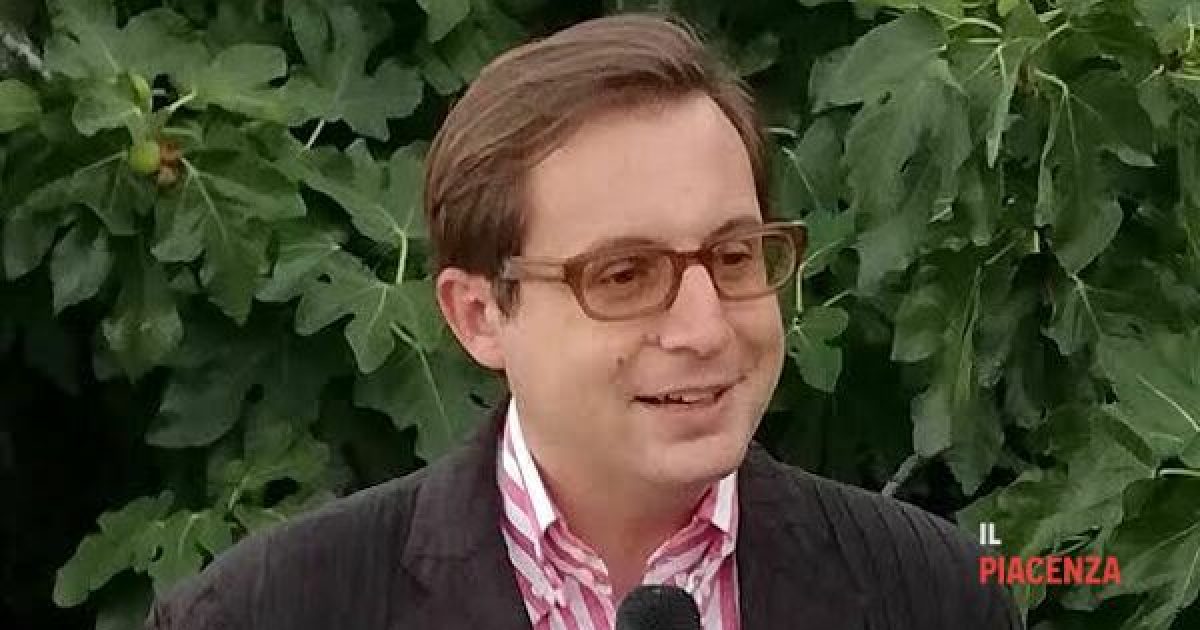By: Alberto Mingardi, professor of the History of Political Thought at the IULM University of Milan in Italy / The Wall Street Journal
Translated by: Agron Shala / Telegrafi.com
Anyone wandering through Central Italy this summer may have seen an unusual advertisement on the street promoting the services of a "Sardinian dentist in Moldova".
Italians want their dentists to be Italian, but some don't like paying Italian prices.
High taxes and complex regulations have popularized health tourism.
An essential aspect of freedom, perhaps overlooked, is the ability to walk away.
This is true not only for those fleeing autocrats, but also for people seeking to improve many things in life.
The freedom to leave is essential for the dissident, but also for the businessman and the tinsmith, not to mention the dentist.
Jean Baechler, who died on August 13 at the age of 85, considered this freedom essential for the development of capitalism.
Baechler was a sociologist and historian who wrote essays on suicide, war, the nature of political power, the role of experts in society, and democratic values.
He was an extraordinary person: a French intellectual who did not despise the market economy.
He taught sociology at the Sorbonne, was a member of the prestigious Academy of Moral and Political Sciences, while wearing a Legion of Honor medal on his jacket.
His most original and important contribution was the 1971 book,
The Origins of Capitalism.
Economic growth, Baechler asserted, is the result of millions of "experiments" by people who act and think quite differently from the mainstream.
For growth to occur, such acts of insurgent innovation—if not explicitly permissible—must be acceptable.
Baechler saw capitalism as the offspring of a particular political condition in Europe.
Despite the efforts of Charlemagne, Charles V, Napoleon and Hitler, Europe never became an empire.
The great cultural homogeneity, largely provided by Christianity, failed to produce a pan-continental political order.
Rivalry and ambition led the nations of Europe to curb each other's power, but also to face concrete problems in different ways.
Both things went together.
Political pluralism in the form of stratified societies, urban populations, and an emerging bourgeoisie balanced the power of the modern state from its birth.
Baechler believed that the roots of capitalism were in the Middle Ages and in the mercantile and bourgeois civilization that developed in the late Middle Ages.
Baechler asserted that democracy was not a modern invention, but was reinvented in another essential European institution: the city, a place for commerce where the necessary conditions for free and open exchange flourished.
Within the city walls, tinsmiths and lawyers faced problems that needed to be solved, despite the struggles between the great powers.
Potential solutions were surfaced and tested through millions of daily market experiments.
Governments these days are vowing to unite, not compete.
Think of the global minimum tax, designed to stifle worldwide tax competition.
The European Union is more often an engine for harmonization than for competition.
In general, big problems – starting with climate change – are assumed to have only one solution.
The task of the major international institutions is to push us to swallow that solution.
Should dentists be controlled and taxed in the same way everywhere?
Or should entrepreneurs, Sardinian or otherwise, be allowed to seek more hospitable places to set up their practice and offer better prices?
Here we are dealing with a fundamental issue.
Instead of embracing a single solution, how about allowing as many approaches as possible to be conceived and tested?
A modest idea, perhaps, but it is what made the West rich.
/Telegraph/
